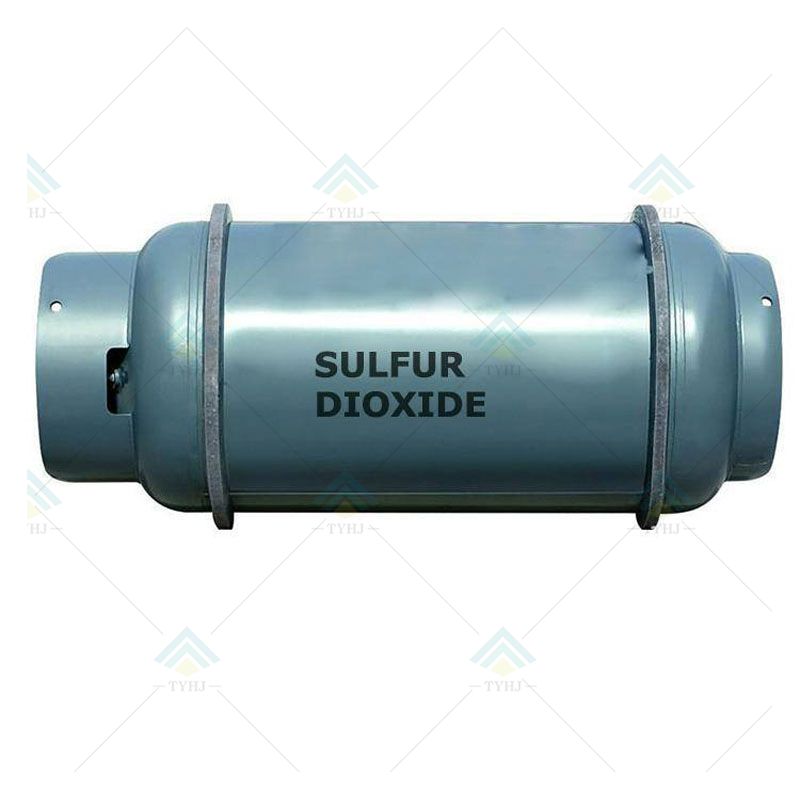What is Sulfur Dioxide (SO₂)?
Sulfur dioxide (SO₂) is a colorless and pungent gas with numerous industrial applications. While it has several uses, it is also a significant air pollutant that can have detrimental effects on human health and the environment.

What is Sulfur Dioxide (SO₂)?
Sulfur dioxide (SO₂) is a chemical compound composed of one sulfur atom and two oxygen atoms. It is formed primarily by the burning of fossil fuels containing sulfur compounds, such as coal and oil. Additionally, volcanic eruptions and certain industrial processes release sulfur dioxide into the atmosphere.
Sources of Sulfur Dioxide Emissions
The primary sources of sulfur dioxide emissions include:
Power plants burning coal and oil for electricity generation.
Industrial facilities, such as refineries and metal smelters.
Residential heating using fossil fuels.
Volcanic eruptions and geothermal activity.
Environmental Impact of Sulfur Dioxide
Air Pollution and Respiratory Issues
Sulfur dioxide is a major contributor to air pollution, especially in urban areas with high industrial and vehicular activity. Inhalation of sulfur dioxide can irritate the respiratory system, leading to shortness of breath, coughing, and exacerbation of asthma symptoms.
Acid Rain Formation
When sulfur dioxide reacts with water vapor and other atmospheric components, it forms sulfuric acid, a primary component of acid rain. Acid rain can harm aquatic ecosystems, damage vegetation, and corrode buildings and structures.
Impact on Ecosystems
Sulfur dioxide emissions can harm plant life and reduce biodiversity. It can also contribute to the formation of fine particulate matter, which affects visibility and air quality.




Comments
Please Join Us to post.
0